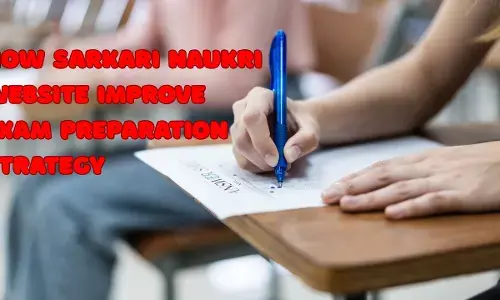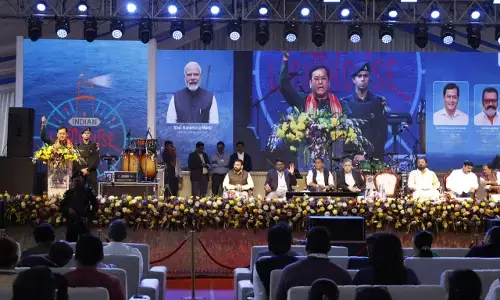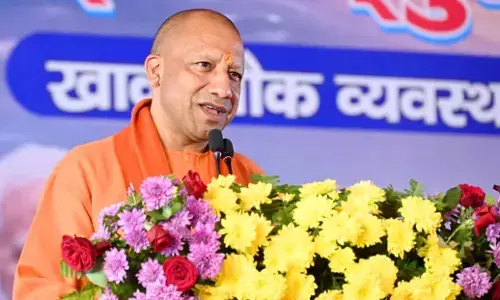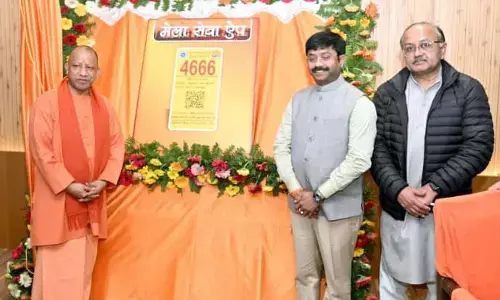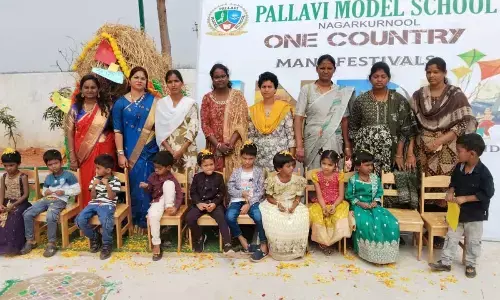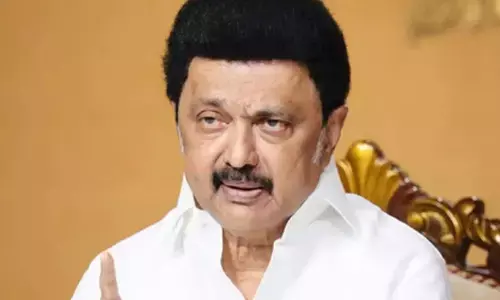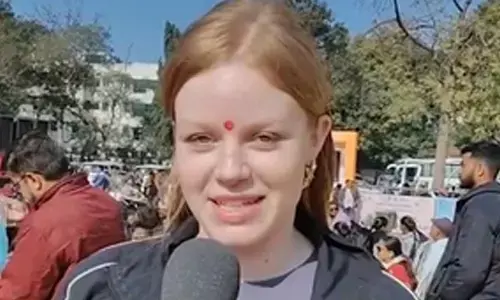The Drone Chronicles
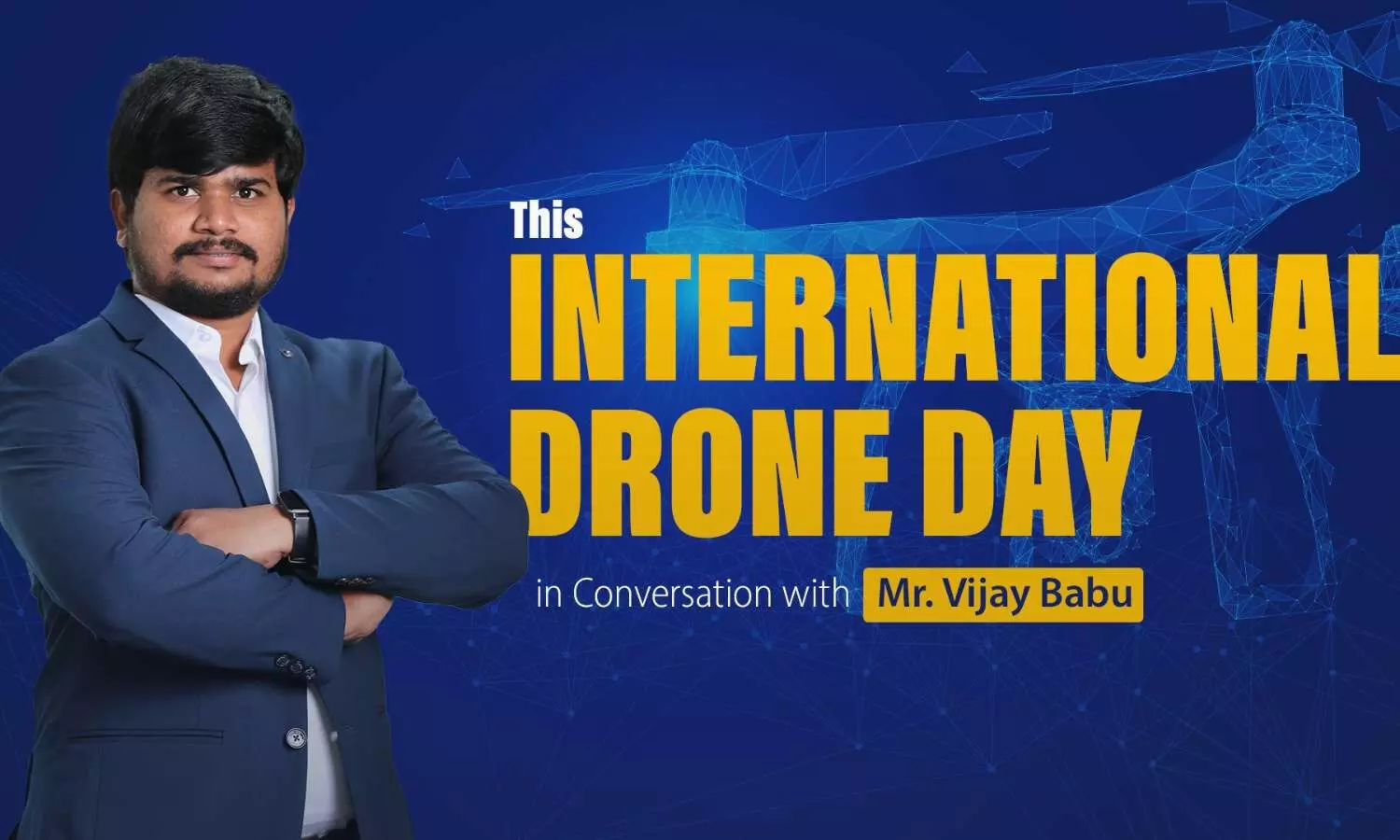
The Drone Chronicles
Drone expert Vijay Babu delves into the importance of drones in all segments, especially agriculture.
Mr. Vijay Babu is a UAV engineer & DGCA-certified drone operator, boasting hands-on familiarity with all kinds of drones, like Unmanned Rovers, Multirotors, Fixed wings, and Hybrid VTOL Drones. He is proficient in assembling drones, PID-tuning flight controllers using GCS software, integrating new sensors & payloads on UAVs to achieve maximum stability, designing electronic devices for drones & testing new components, programming microcontrollers to control actuators, developing VTOL-fixed wings for land surveying, controlling quality by conducting various tests, preparing documentation for drone model licenses from DGCA, and steering the flight controller development team. With immense drone expertise and 500+ hours of flying experience, he is currently working for Pavaman Aviation as the lead R&D engineer.
In this candid with Mr. Vijay, let’s delve deeper into the importance of drones in all segments, especially, agriculture, why DGCA-approved certification is a must for drone pilots, and the role of Pavaman in aviation and agri-ventures-manufacture of drones, and training programs.
1. As we all know, the first Saturday of May is International Drone Day. Can you let our audience know about the inception of this day and how it is celebrated worldwide?
Drones are unmanned aerial vehicles that started gaining popularity in the 1970s. They were initially used extensively in the defence sector and then slowly spread their wings into the commercial segments too. They are now widely used for photography, aerial spraying, and delivery, creating a huge pool of job opportunities. Manned aerial vehicles consume a lot of fuel and are risky to be involved in operations pertaining to hazardous zones. These are some of the advantages why drones are being preferred in almost every facet. To commemorate the exemplary contribution of drones, International Drone Day (IDD) is celebrated on the first Saturday of May every year. In 2024, IDD is celebrated on the 4th of May. Drone leagues are conducted on the eve of IDD, and recently, PDRL has conducted a competition, evaluating professionals with the utmost technical and drone-flying knowledge. I’m proud to proclaim that I have represented Pavaman Aviation and bagged second place India-wide.
2. How is the current drone landscape in India, and how has it evolved in terms of usage and popularity?
India established and released drone rules in 2021; previously, we were implementing the FAA rules that were followed in the United States. I believe this is one of the reasons why India lags behind other countries in terms of drone usage in all areas. Every drone company in India, whether public or private, should begin selling drones only after obtaining type certification, and anyone who wants to fly a drone should have a remote drone pilot license. Our government recently standardised the stage and strict regulations for all drone-related activities. Our country has also paved the way for the rapid growth of RPTOs (Remote Pilot Training Organisations). Drones that do not follow the rules and do not have proper permissions are referred to as rogue drones and are illegal in India. To eliminate the use of rogue drones, the government must continue to work on stricter rule enforcement.
3. Agriculture, the backbone of India, is still reeling under various circumstances that are making it tedious and unprofitable. How do you think drones can change course?
Farmers have recently expressed a strong interest in purchasing drones for spraying applications. For example, in Telangana, the majority of farmers own 10-20 acres of land, and spraying occurs only 2-3 times per year. Investing in a drone in this scenario does not provide a return on investment. So, rather than purchasing a drone, approaching a company that offers spraying services is the best long-term solution.
In rural areas, there is a labour shortage, particularly for pesticide spraying. Manual labour faces numerous health risks, including cancer, as a result of prolonged exposure to hazardous liquids. This is where drone magic comes into play. Drones can spray pesticides and insecticides precisely without the need for physical labour, and they can cover approximately 100 acres per day, whereas a person can only cover 3-4 acres. Agri-spraying service providers arrive with a battalion of trucks, drones, drone pilots, and all of the necessary spraying equipment to complete the job efficiently and effectively.
4. Drones are now being extensively promoted in photography, agriculture, and surveying & mapping. Can you elaborate on the uses of drones in these fields?
Drone photography has recently gained popularity, and it has the potential to provide self employment opportunities for many aspiring photographers. Drones are also being promoted in the aerial inspection market. DSM and DTM models can be created by extracting data from drones. Agri drone data can be used to make informed decisions about stockpiles, stress, and volumetric analysis. In terms of survey and surveillance, the Survey of India has begun to digitise land survey data, and in the last two years, drones have been used for aerial photography and videography of large areas of land in various states. Drone pilots are in high demand because they are required to fly drones and collect all of the necessary information. About one lakh job opportunities are available in the market for qualified drone pilots, both in the service and manufacturing sectors, which is a significant boost for the drone sector, especially since India aims to be a global drone hub by 2030.
5. Why is a DGCA-approved drone pilot license crucial for flying a drone, and what are the advantages of taking up this certification course?
Every drone must have a UAN number, which is obtained after it has been type-certified by the DGCA and has passed all of the stringent quality tests. Rogue drones and pilots have recently been subjected to strict supervision and scrutiny. My advice to students, particularly those pursuing a B.Sc. or Diploma in Agriculture, is to pursue drone pilot certification if they want to become a drone pilot. If a photographer or farmer wishes to purchase a drone, they must first verify the manufacturer's credentials and the drone's type certification. Without both of these licenses, an individual's career and credibility will be jeopardised in any industry.
6. You have been actively involved in the Teja series drone research and development in Pavaman. How do you think these drones can help farmers, and what are their USPs?
Teja-M is a medium-category agri-drone indigenously developed by Pavaman Aviation. We’re using dual GPS to reduce and avoid data failure, and the camera has 720p high resolution. Even if the drone is out of the line of sight of the pilot for 2-3 km, it can be controlled with the remote. We have also included state-of-the-art centrifugal nozzles for wide-coverage spraying. The water droplet size is also extremely precise, and it directly reaches the plant rather than being disbursed on the ground. The entire crop is covered evenly, ensuring that each & every insect or pest is destroyed. The front side radars detect and avoid obstacles and collisions. At the bottom, we have installed a terrain following radar to detect the elevation difference. We have tested the drone for about 1000 flights in different conditions. We have created an efficient APS that broadcasts live telemetry data, irrespective of the position of the drone. Real-time data can be obtained from the fleet management software installed on the drone. With the inclusion of certain APIs, live data, and video can be obtained from the GCS, and we can remotely arm and disarm the drone flight at any time.
We have included a 25000 mAh battery that can cover about three acres in a single charge window. 8- 10 liters of liquid pesticide or insecticide can be contained in the spray tank, demonstrating a huge capacity capability. As a part of our extensive R&D, we can retrieve an immense amount of data, both
software and hardware, from the motors and the sensitive sensors we deployed. With the feedback received from almost 100 pilots, we have tuned the drone sensitivity to an optimal level with zero failure rate. We offer free servicing, annual maintenance, warranty, and replacements at affordable pricing. We ensure that the farmer is trained and certified to fly the drone purchased from Pavaman Aviation. One of the main USPs of Teja-M is dual remote operation. We use the Aero GCS screen app to plan all the missions, both manual and autonomous, based on the field area and type of crop.
7. You’re an employee of Pavaman Aviation, which is quietly but steadily gaining a reputation for its training programs and manufacture of drones. Can you please elaborate?
Pavaman is an RPTO recognised by DGCA, enabling drone pilots to be industry-ready. Apart from the 5-day course suggested by DGCA, we offer an extensive five to ten-day course for students aspiring to be agri-pilots, training them in aspects such as perfect coverage, chemical composition, and obstacle avoidance. We also train aspiring photographers in aerial photography and employees of various survey and mapping organisations to be drone pilots. Pavaman Aviation is the only drone organisation in India run by an agriculture domain expert and an equally technically sound team, imparting the apt skill set to be job-ready. Our team and CEO, Mr. Anjaneyulu, have immense experience and expertise spanning three decades in the agricultural domain.
Any individual with a minimal education of tenth standard, a passport, and an Aadhar card can apply for drone pilot training with Pavaman. You can register with us at https://pavaman.in/ We offer limitless flying hours, incredible faculty, a 100-acre plantation with a 20-acre flying field, and a job-ready curriculum.
Wishing all our readers a very happy International Drone Day!








